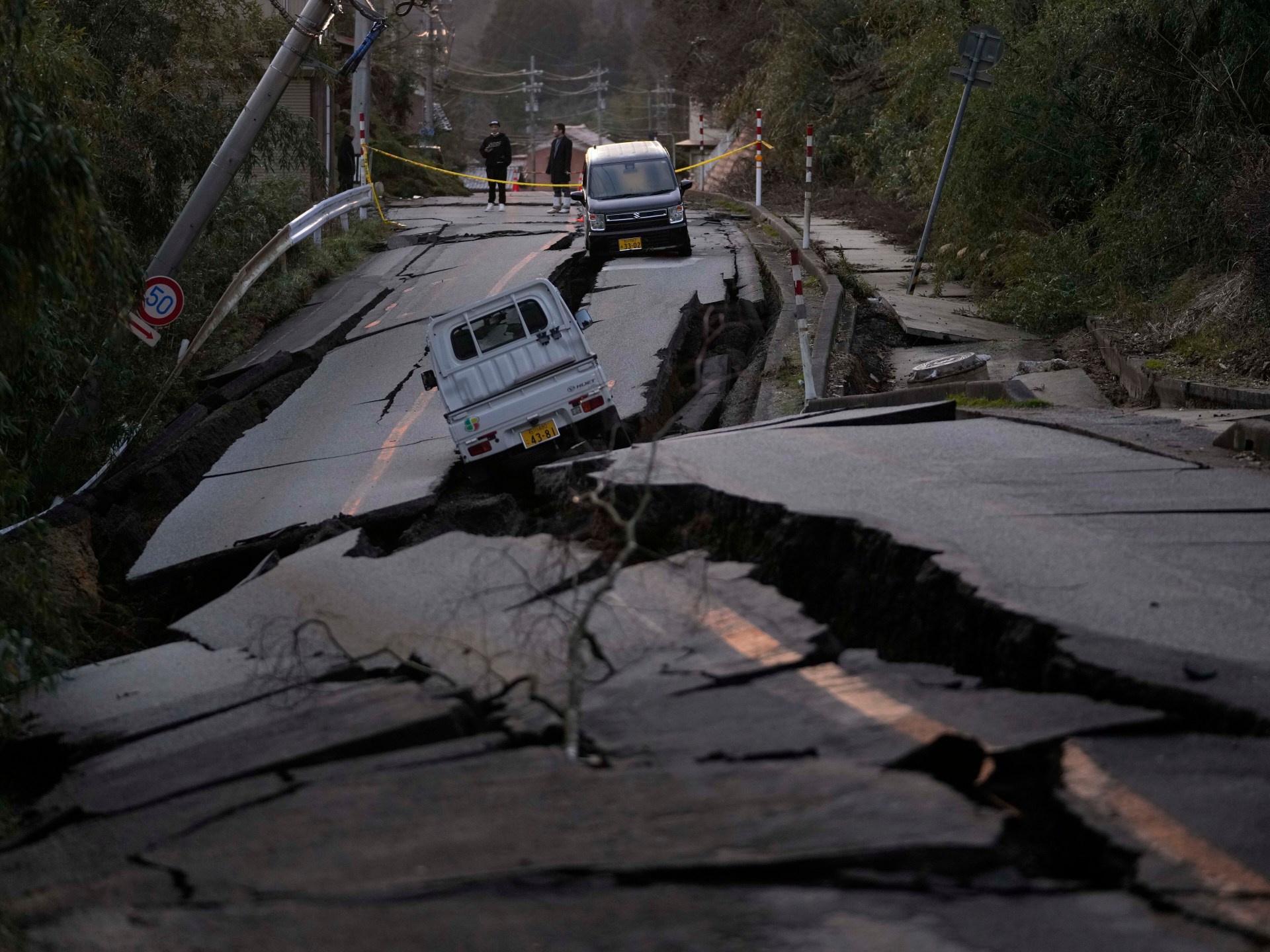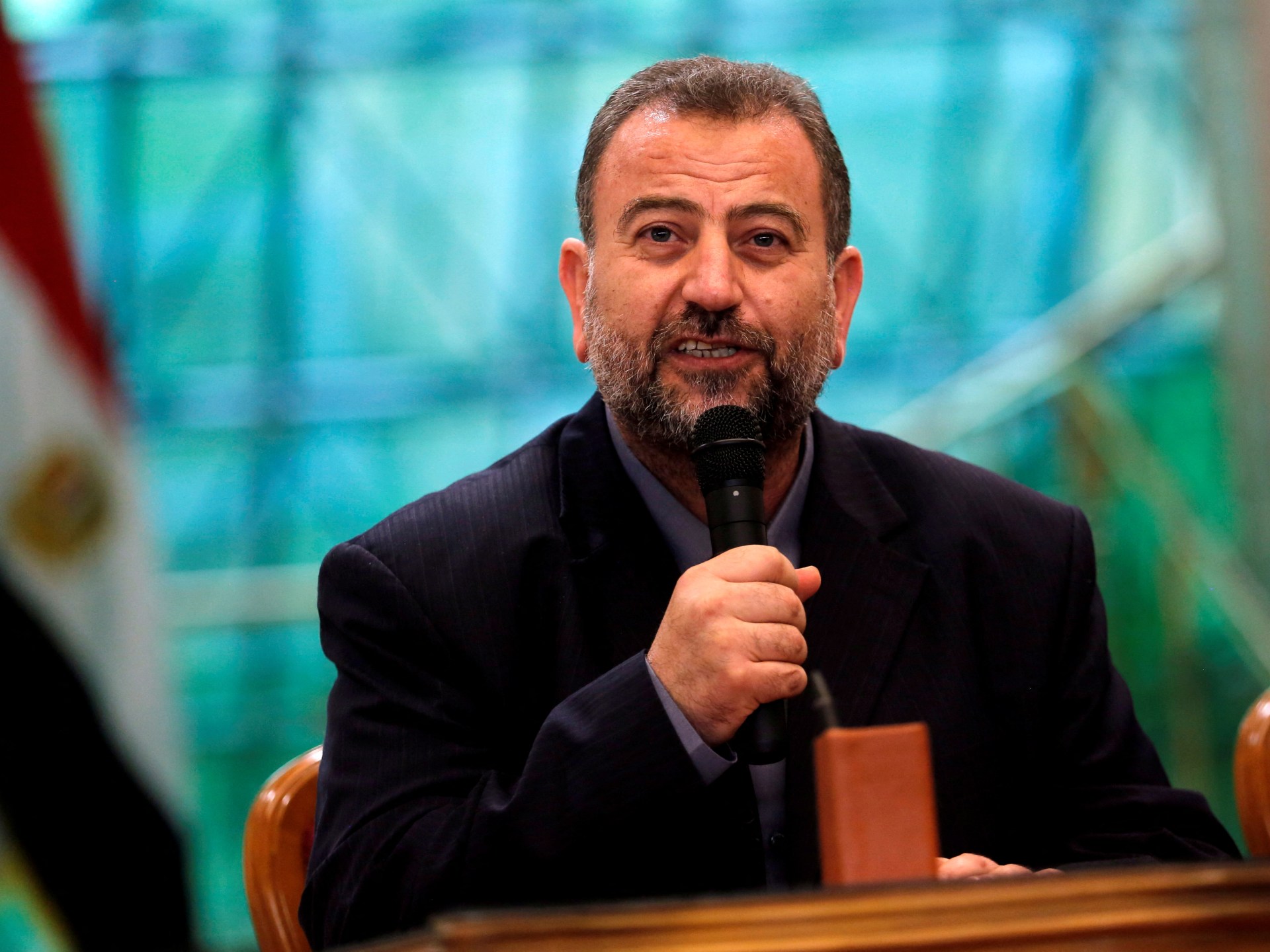For 80 days, Israel has been waging war on the Palestinians in Gaza with full diplomatic, economic and military support from the US government. The Israeli army has killed 21,000 people, carrying out what legal scholars agree amounts to a genocide and committing countless other war crimes and crimes against humanity.
Yet, rising moral outrage in the United States and across the world is being met with dangerous smear campaigns that weaponise racism to silence the Palestinian freedom movement.
Fuelled by and fuelling Islamophobia and anti-Palestinianism, extreme rhetoric has abetted unprecedented violations of Palestinian, Arab and Muslim American civil rights and even deadly violence against members of these communities.
But the negative repercussions of this bigoted repression are not limited to Palestinians, Arabs and Muslims; rather they threaten fundamental moral and civic values that are the basis of democracy.
Slander and witch hunts
Over the past two and a half months, we have seen massive street demonstrations, open letters of condemnation, public resignations of officials, and other protest actions aimed at calling for a ceasefire, equal rights for Palestinians, and accountability for war crimes.
But this mobilisation has been countered by attempts to portray the pro-Palestinian movement and any critique of Israel’s genocide as “anti-Semitic” and supportive of violence or terrorism.
While these tactics are not new, this campaign has expanded in scale and scope to the point that it resembles a McCarthyist witch-hunt, relentlessly targeting Palestinian, Arab and Muslim Americans in particular, as well as allies who have stood against the US-funded violence and apartheid policies of Israel.
Since October, thousands of individuals have fallen victim to this broad-brush smear campaign. On US university campuses, student activists have been disciplined by administrators, have had their student groups banned, have been doxxed on the internet, have had their faces and names plastered on billboards with false, defamatory captions, and have lost job offers.
Others who oppose genocide have been pressured to stay silent, faced threats, encountered intimidation and harassment online and in the streets, and endured economic repercussions, including the loss of employment.
But this persecution has not been limited to the private sector and online spaces; it has also extended into the halls of power.
In November, a hearing was held in the US Congress in which “witnesses” falsely alleged that US-registered charities, including the ones I am the director of – American Muslims for Palestine (AMP) and Americans for Justice in Palestine Action (AJP Action) – are “providing support” to Palestinian resistance groups.
These false allegations extended to the absurd claim that these organisations have called for a “genocide against Israel”.
Members of Congress who have spoken out against Israel’s atrocities or who have simply met with their constituents as part of annual “Palestine Advocacy Days” were also named and shamed during the hearing.
These malevolent “testimonies” seek to make our political contributions and voices toxic in the halls of power by spreading lies and pushing Islamophobic tropes that rely on decades of anti-Palestinian, anti-Arab and anti-Muslim biases.
It is one thing to fight against slander and misinformation in the media, but it is another – and fundamentally more troubling – to be attacked with false accusations in Congress. That these testimonies containing false and bigoted claims were allowed to proceed shows the utter failure of our public institutions to protect Americans’ right to dissent at a time when our tax dollars are being used to support Israel’s genocide in Gaza.
Islamophobia and violence
These defamatory, suppressive tactics have dangerous consequences. They fuel hatred and encourage people to act upon it.
According to the New York State Division of Homeland Security and Emergency Services, there has been a 417 percent increase in hate speech against Muslims since the war began.
Civil rights groups like Palestine Legal and the Council on American-Islamic Relations (CAIR) have also reported an unprecedented number of anti-Palestinian and anti-Muslim attacks and discriminatory incident complaints over the past two months. They have seen a more than 200 percent increase compared with the previous year, and this is likely an undercount.
There have been not only verbal attacks and harassment but deadly physical violence, as well. On October 14, Wadea al-Fayoume, a six-year-old Palestinian American child, was stabbed 26 times with a military knife by a man who was shouting, “You Muslims must die”; his mother was stabbed a dozen times but survived.
On November 25, three Palestinian students were shot for speaking Arabic and wearing keffiyehs; all three sustained injuries from gunshot wounds, and one is now paralysed from the chest down.
A member of our own staff, Neveen Ayesh, was shot at in her car and her home was broken into on November 11.
Apart from inciting violence and intimidation against Palestinian, Arab and Muslim Americans, the smear campaigns are reinvigorating the post-9/11 atmosphere of suspicion, mass surveillance and collective victimisation.
For decades, we have worked to expose the racism and double standards of successive presidential administrations and their anti-Muslim policies – from the watch lists and entrapment schemes, to the registries and bans.
We have demonstrated the waste of millions of taxpayer funds for programmes and initiatives that have targeted and deeply traumatised our communities, but produced no results in “improving national security”. We have fought to ensure that no community is disproportionately policed and surveilled, no matter what they look like or where they come from.
As pro-Israel groups wage a defamation war on our communities in order to obfuscate and distract public attention from Israel’s crimes in Gaza, we risk losing that progress towards an inclusive, anti-racist democracy, as slander and lies overcome truth.
That is why we call on media outlets, politicians, and progressive leaders to be vigilant about anti-Arab and anti-Muslim tropes that imagine our communities as extensions of governments or political groups in the Middle East, portray us as inherently suspect, and thereby endanger us.
There are three important ways to counter this smear campaign. First, we must recognise the long history of anti-Arab and anti-Muslim racism and Islamophobia in the US and elsewhere, alongside other racism and criminalisation.
Second, we must protect the right of individuals to speak up for Palestinian rights and defy attempts to impose a Palestine exception to free speech.
And third, we must echo our pro-peace Jewish allies in demanding that criticism of Israel and Zionism are not conflated with anti-Semitism. Our common fight against anti-Semitism must not be weaponised to fuel Islamophobia and censor voices for justice in Palestine. This issue must become an urgent, core part of any anti-racist and progressive agenda – or else we risk allowing anyone’s right to free speech to be undermined.
History teaches us that campaigns of suppression, slander and bigoted attacks may start with minority groups like Palestinians, Arabs and Muslims, but they do not stop there. These efforts create the social and legal template for repression of all political dissent.
That is why, we, American Muslims, and all voices supporting the rights of the Palestinian people, must act together as a bulwark against attempts to reproduce dark eras of history – when the murder and victimisation of racialised “others” was justified, and when the truth was lost to war-mongering propaganda.
Our ability to uphold the Palestinians’ right to protest the genocide – and the right of moral people to stand with them – is a fundamental test of our commitment to justice, equal rights and freedom for all. We cannot compromise on these values.
The views expressed in this article are the author’s own and do not necessarily reflect Al Jazeera’s editorial stance.

 Movie
Movie 4 months ago
90
4 months ago
90 






![Presidents Day Weekend Car Sales [2021 Edition] Presidents Day Weekend Car Sales [2021 Edition]](https://www.findthebestcarprice.com/wp-content/uploads/Presidents-Day-Weekend-car-sales.jpg)



 English (United States)
English (United States)